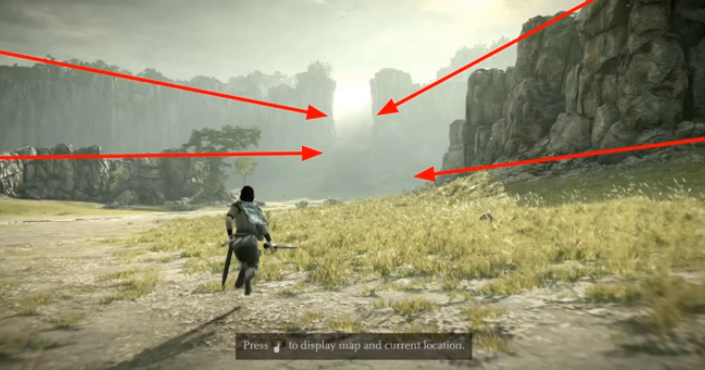
In the world of gaming, visuals often take center stage. From stunning graphics and intricate character designs to immersive environments and dynamic gameplay, it’s easy to see why the visual elements of a game are so important. However, there is another aspect of gaming that often goes overlooked but plays a crucial role in creating a truly immersive experience: sound.
Sound in gaming is more than just background noise or music. It has the power to reveal the invisible, adding depth and dimension to the virtual world. Just as in real life, sound in games can guide players, create ambiance, enhance storytelling, and even provide important clues and information. In this article, we’ll explore how sound reveals the invisible in games and why it’s such an integral part of the gaming experience.
One of the most obvious ways in which sound reveals the invisible in games is through audio cues. Whether it’s the sound of footsteps approaching, the click of a hidden trap, or the ominous growl of a nearby enemy, audio cues can alert players to dangers or opportunities that may not be immediately visible on screen. These cues can help players cloud vps server navigate through complex environments, anticipate threats, and make split-second decisions that can mean the difference between success and failure.

In addition to providing important gameplay information, sound can also enrich the atmosphere and storytelling of a game. Imagine exploring a haunted mansion without the eerie creaking of floorboards, or battling a dragon without the roaring flames and thunderous footsteps. Sound adds depth and emotion to the virtual world, drawing players in and making them feel like they are truly a part of the action.
One game that demonstrates the power of sound in revealing the invisible is the critically acclaimed horror title “Silent Hill.” In this game, sound is used to create a sense of unease and tension, with subtle noises hinting at the presence of unseen creatures and unseen dangers lurking just out of sight. The minimalist use of sound in “Silent Hill” heightens the player’s sense of vulnerability and fear, making the experience all the more immersive and thrilling.
Sound can also play a crucial role in puzzle-solving and exploration in games. By listening closely to the environment, players can pick up on subtle clues and hints that can help them progress through the game. For example, in the puzzle game “The Witness,” players must listen for the sound of wind chimes to solve certain puzzles, while in the survival horror game “Outlast,” players must rely on sound cues to avoid detection and navigate through dark and dangerous environments.
Of course, sound is not limited to just gameplay mechanics. It can also have a profound impact on the overall emotional experience of a game. The right soundtrack can evoke a wide range of emotions, from excitement and joy to fear and sorrow. By carefully choosing and orchestrating the music and sound effects in a game, developers can create a powerful emotional connection with players, enhancing their immersion and investment in the virtual world.
In recent years, advances in technology have allowed game developers to push the boundaries of what is possible with sound in games. From realistic 3D audio that accurately simulates the way sound moves and reverberates in a physical space to dynamic audio systems that adapt to player actions and environmental changes in real-time, the potential for sound to reveal the invisible in games is greater than ever before.
As players continue to demand more immersive and engaging gaming experiences, sound will undoubtedly play an increasingly important role in shaping the future of gaming. By harnessing the power of sound to reveal the invisible, developers can create games that not only look amazing but sound amazing too, drawing players deeper into the virtual worlds they create and leaving a lasting impression long after the game is over.
In conclusion, sound is a powerful and often overlooked element of gaming that plays a crucial role in revealing the invisible in games. From providing important gameplay information and enhancing atmosphere and storytelling to aiding in puzzle-solving and creating emotional connections with players, sound is an essential part of the gaming experience. As technology continues to advance and developers continue to explore new ways to leverage the power of sound in games, we can expect to see even more innovative and immersive gaming experiences in the future. So, the next time you fire up your favorite game, take a moment to listen closely – you may be surprised by how much sound can reveal the invisible.
